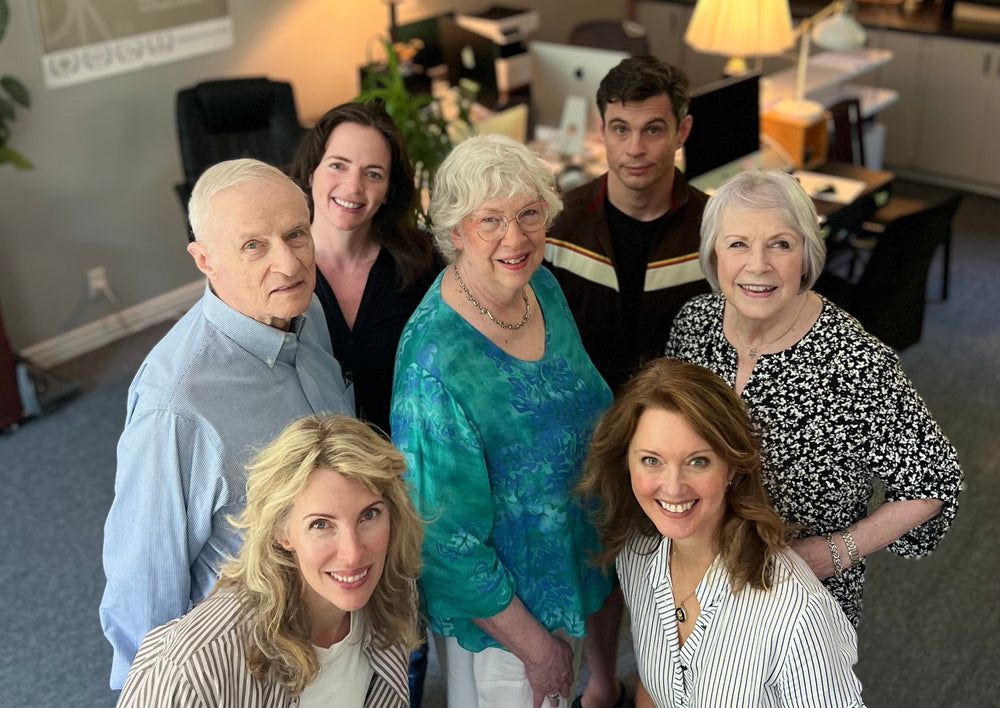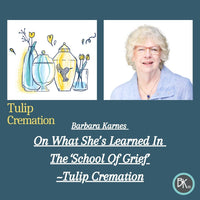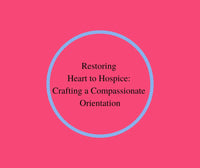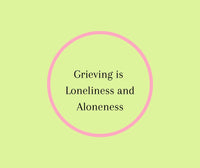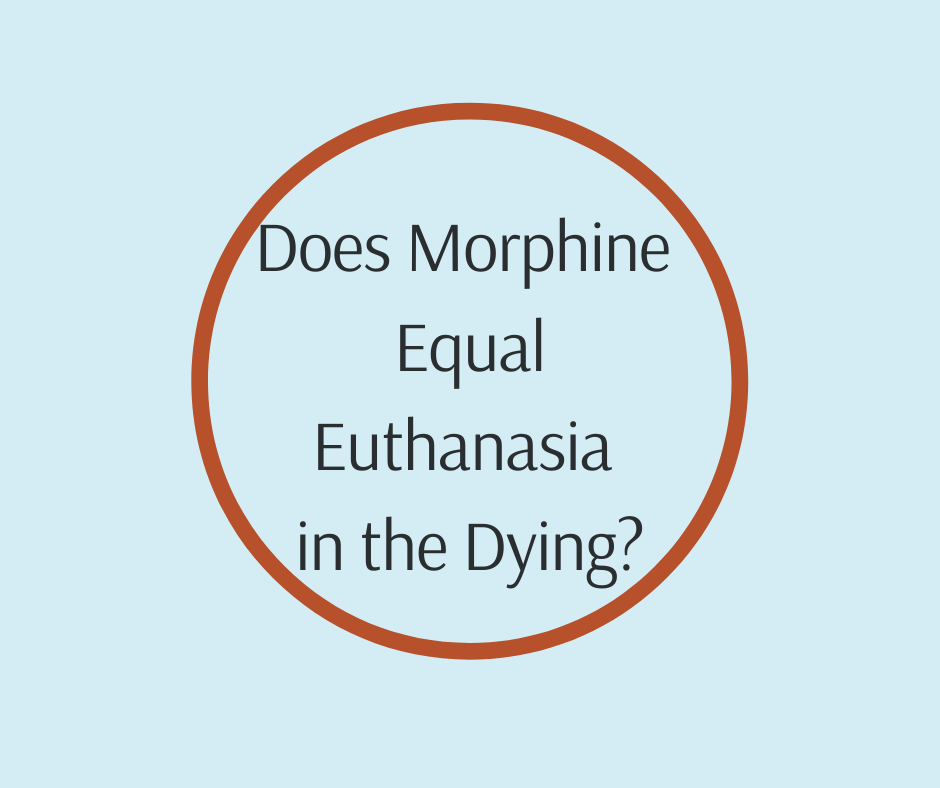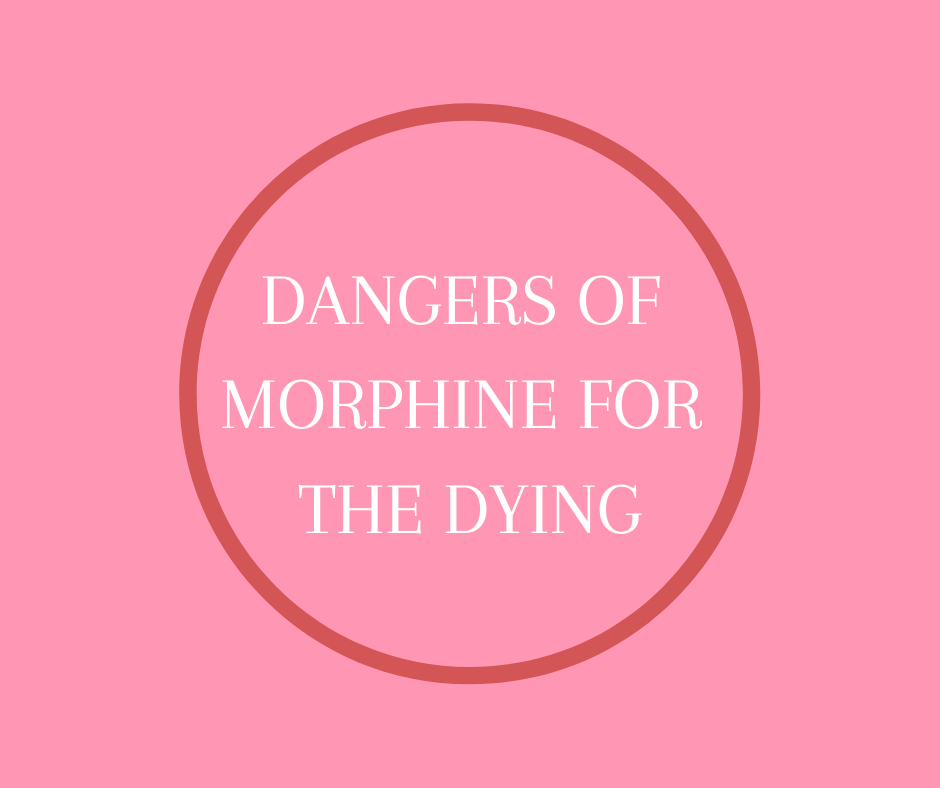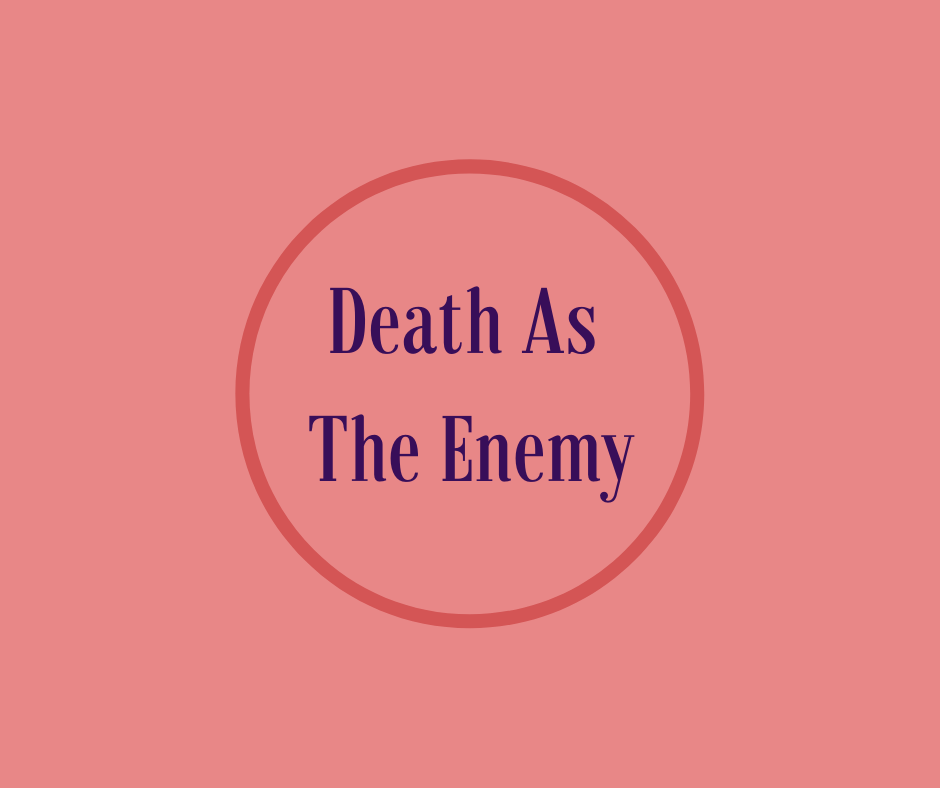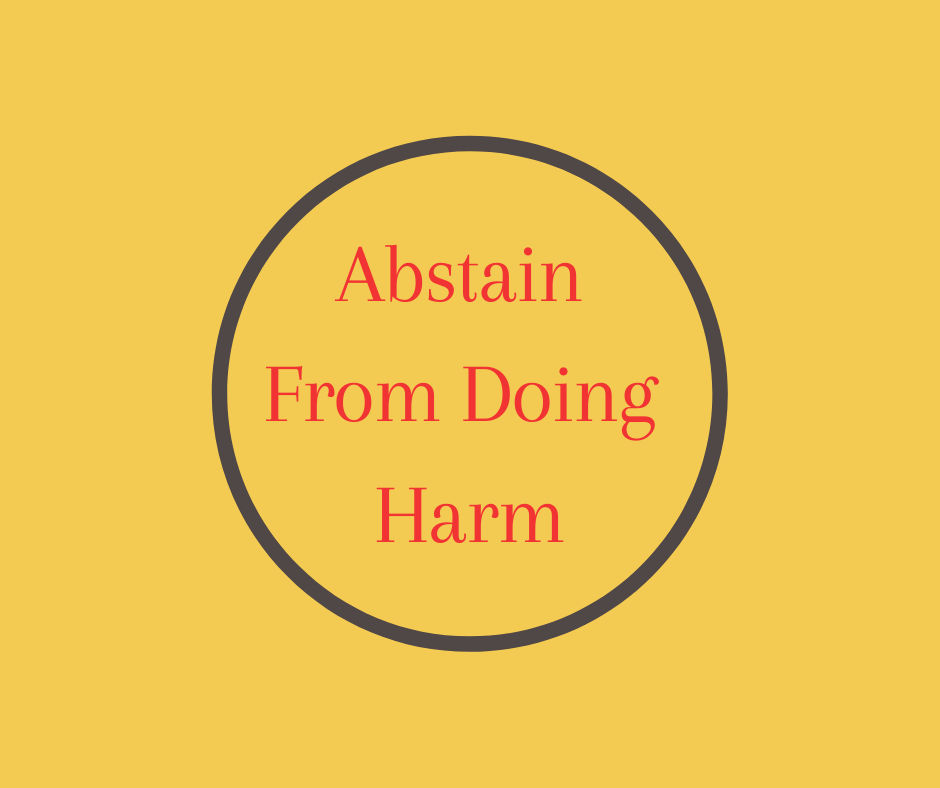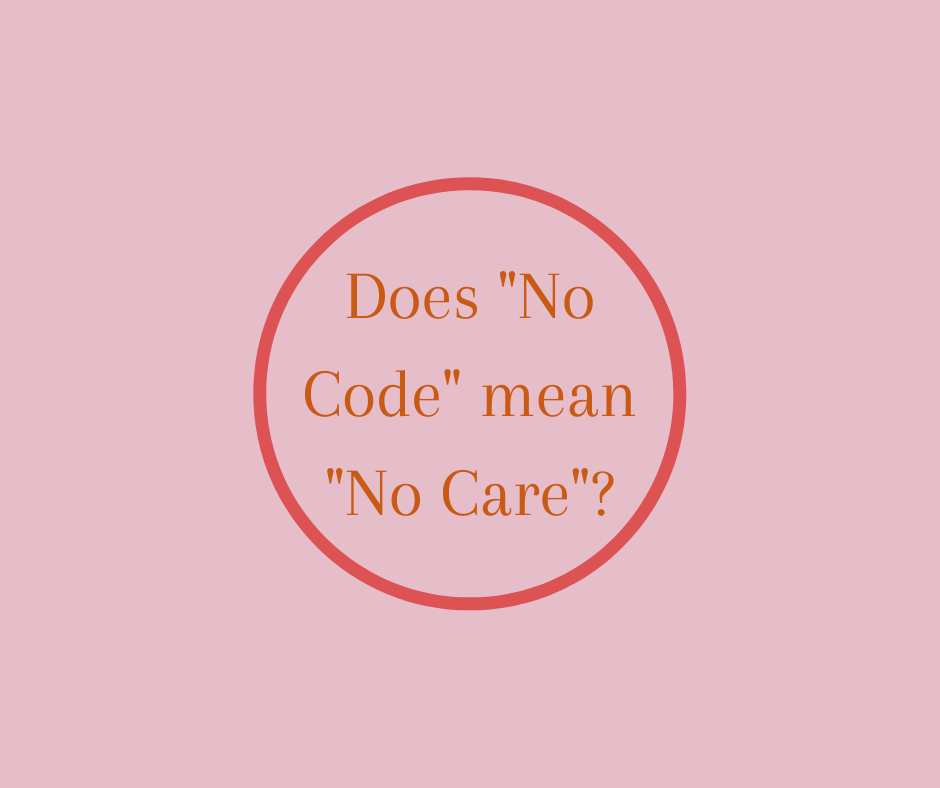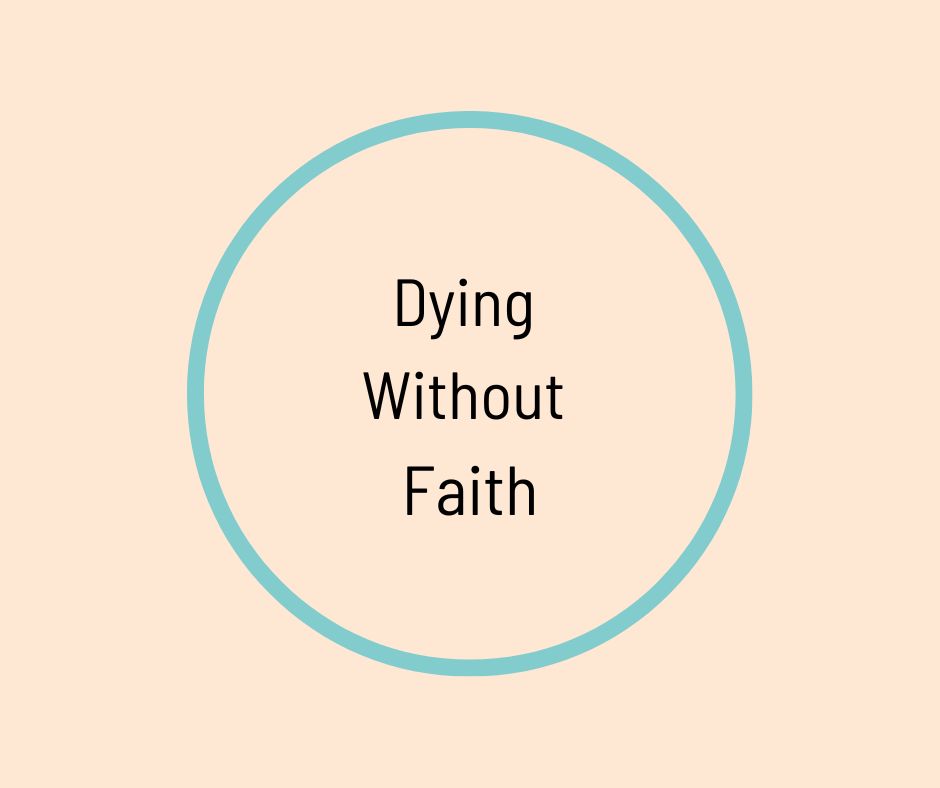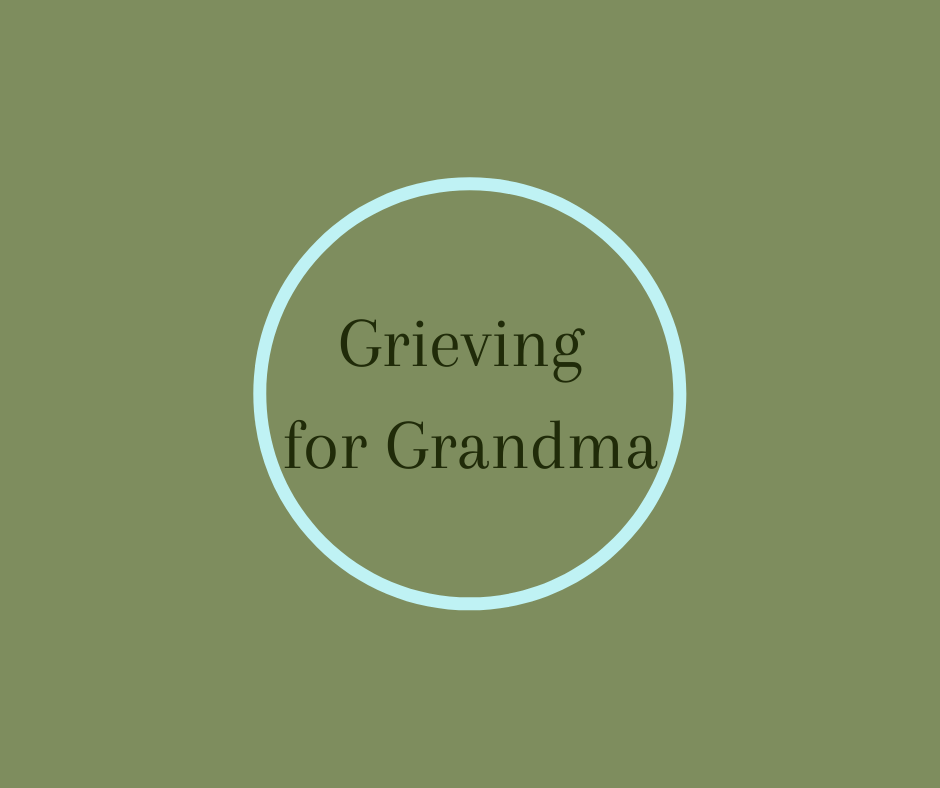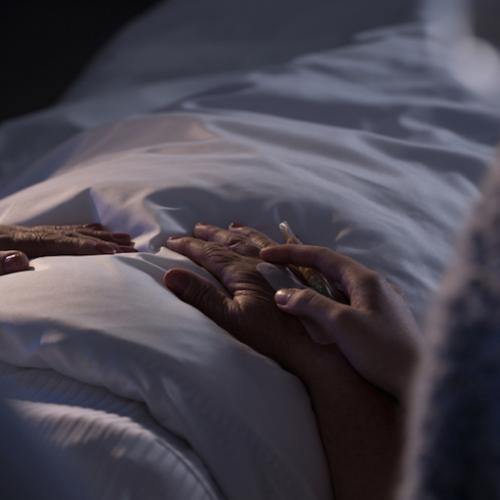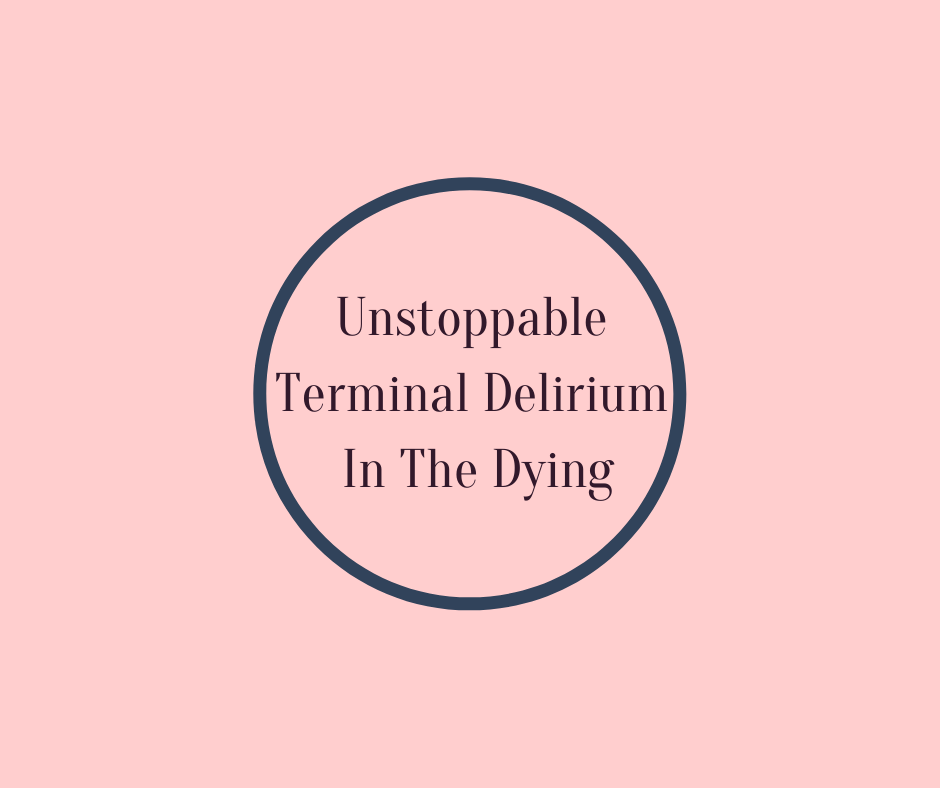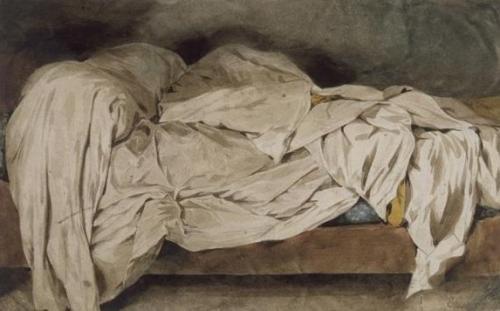
Something to Think About
a blog on end of life
- All posts
- addiction
- advance directive
- alzheimers
- Anger
- anticipation
- anticipatory grief
- Approaching Death
- assisted care
- assisted death
- Assisted Living
- Barbara Karnes
- bereaved
- Bereavement
- burnout
- BY YOUR SIDE A Guide for Caring for the Dying at Home
- cancer
- caregiver
- caregiver fatigue
- caregiver support
- caregiving at end of life
- children
- Clinician
- cna
- comfort care
- communication
- covid 19
- Dame Cicely Saunders
- Death
- death and dying
- death awareness
- death cafe
- death call
- death care
- death doula
- death education
- death midwife
- death of a pet
- death ritual
- dementia
- dementia doula
- diagnosis
- Director of Education
- disease
- DNR
- doctors
- dying
- dying looks different than expected
- dying pet
- dying process
- Dynamics of Dying
- Eating or not eating
- elderly
- Elisabeth Kubler-Ross
- end of life
- end of life doula
- end of life education
- euthanasia
- family
- family caregiver
- father
- Fear
- Feeding
- Financial records
- Food
- food at end of life
- Funeral
- gift
- Gone From My Sight
- graduating from hospice
- gratitude
- Grief
- Grief Counselor
- grief support
- grieving
- Guilt
- holidays
- Home Care
- home death
- home health
- home healthcare
- Hospice
- Hospice Blue Book
- hospice care
- hospice chaplain
- hospice education
- hospice end of life care
- hospice for pets
- hospice myths
- hospice nurse
- hospice nurses
- hospice patient
- hospice physician
- hospice referral
- Hospice Social Worker
- Hospice Staff
- hospice volunteer
- hospice volunteer training
- hospital
- How Do I Know You ?
- How Do I Know You? Dementia at the End of Life
- Hydration or dehydration
- infant death
- joy
- labor
- labor at end of life
- life limiting
- life support
- loss
- media
- Medicade
- medical visits
- Medicare
- medication
- medications
- memory care
- midwife
- mindfulness
- moment of death
- morphine
- mother
- My Friend I Care
- narcotics
- New Rules For End Of Life Care
- No Code
- Not Eating
- nurse
- Nursing facility
- Nursing home
- nutrition
- Old Age
- older pet
- orientation
- oxygen
- pain
- pain at end of life
- pain management
- pain relief
- palliative care
- palliative sedation
- pandemic
- peace
- personality
- Pet death
- Pet illness
- physician
- podcast
- POLST
- prepare for death
- quality of life
- religion
- Retirement Home
- RN
- sacred
- self care
- seniors
- signs of approaching death
- sleep
- Social Worker
- spanish grief literature
- stages of grief
- sudden death
- Suicide
- Supervisors
- support
- terminal
- terminal agitation
- terminal diagnosis
- terminal restlessness
- The Eleventh Hour
- The Final Act of Living
- This Is How People Die
- Time
- Time of Death
- trauma
- treatments
- vigil
- volunteer
- volunteers
- washing the body
- widow
- widowhood
- wife
- Will
- You Need Care Too
In normal grieving, time begins to lessen the intensity of the emotional pain of our loss. There is a process to grief (see My Friend, I Care) and although we never forget...
A great question. You have actually touched on a line of thinking that a lot of people have about the use of narcotics at end of life: that the narcotic...
Dear Barbara, Talk about the dangers of giving morphine to one who is dying? I have written many articles on morphine yet I repeatedly get this question. What that tells...
I was just on the phone with a woman who told me the doctor told her friend he was surprised she had lived this long with the disease having spread...
Where is medicine that treats PEOPLE that have diseases? Where is medicine that looks at the PERSON and finds out how they want to live and die based upon their...
First, lets define “No Code”. The simplest explanation I found was Googled from the Free Dictionary http://medical-dictionary.thefreedictionary.com/no+code“a note written in the patient record and signed by a qualified, usually senior or...
We have the medical capabilities and procedures to keep a person alivealmost indefinitely BUT is it in the best interest of the person to do so? Wehave to ask “what...
We are generally very tired, physically and emotionally, by the time our caregiving is over. Our thinking processes are not what we are used to. We are tired, weepy, aimless,...
We die the way we have lived and there are few death bed conversions. Facing the end of our life does make us look at life and its meanings, but...
Because we don’t really think about end of life care until we or someone close to us needs it we enter into relationships with hospice that may not be satisfactory...
...The end of life avocation that hospice originally presented is becoming a gift of the past. Now it is a business with high censuses, detailed and often confusing regulations, and...
Dear Barbara, I recently had a meeting with a family that was referred to hospice from a facility. They had about 10 family members at the meeting. The topic of...
...Children and their grieving process is affected by their age and their maturity level. We all grieve, no matter our age, but our understanding of this normal life experience varies...
Barbara, I have a 23 year old daughter that has a chronic illness. She says she is tired of fighting. I don't want to lose her. I am lost. Having...
I appreciate how much you love your mother. I see the challenge you are dealing with in her attitude and behavior. As much as we love someone our feelings can...
Barbara, People have asked me when and how I can offer others your booklets. With anyone, an acquaintance or close friend, you can always just say, “I have some materials...
In the End of Life Care and Bereavement Group I have on Facebook some of us who are or have been hospice nurses were talking about what we, as hospice...
Grief is a reaction to loss. Loss equates to a death, a death of something or someone. Death comes in many ways, many forms. There is the death of a...
In non medical words I would call terminal delirium confusion with or without restlessness. In the weeks before death a person who has entered the dying process is sleeping most...
Question: How much is comprehended by the patient as they approach end of life? Do they know who is present, if someone is absent? How does the patient feel knowing...
I wrote this post as a follow up to last week's post, The Final Hours Before Death. To: End of life doulas, in-home caregivers, hospice nurses, social workers and chaplains,...




